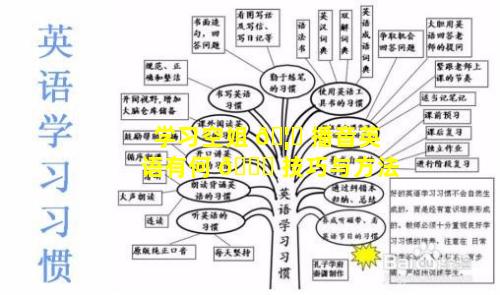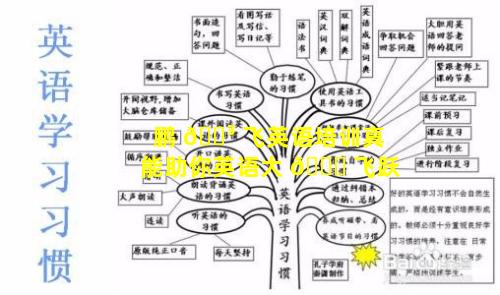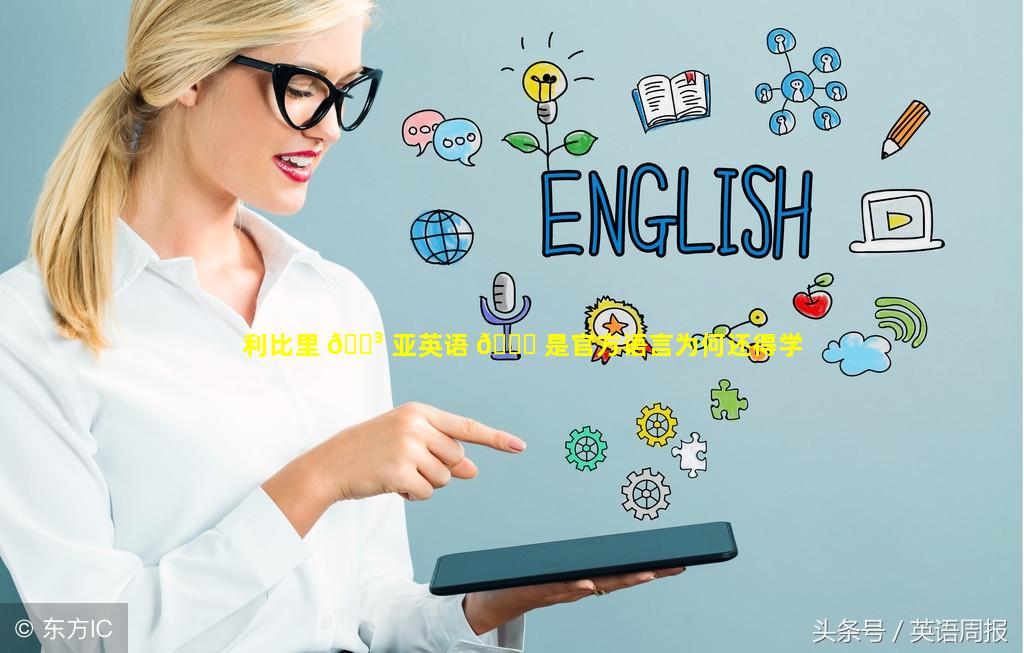学习英语衡水体能否助力高考英语作文
- 作者: 张苏酥
- 来源: 投稿
- 2024-11-15
1、学习英语衡水体能否助力高考英语作文
“衡水体”英语作文助力高考英语作文
“衡水体”英语作文是一种源自河北衡水中学的英语作文教学方法,以其极端注重语法、词汇和句式模仿而闻名。这种方法是否能助力高考英语作文,是一个值得探讨的问题。
优势:强语法和词汇基础:衡水体强调严格的语法规则和词汇积累,这为学生打下坚实的英语基础,有助于提高高考作文中的语法准确性和词汇丰富性。
标准化的句式模仿:衡水体提供了一系列固定的句式和模板,让学生在写作时有章可循,减少语言表达的困难,提高作文的结构性和流畅性。
熟练的写作技巧:衡水体通过大量高强度写作训练,培养学生熟练的写作技巧,包括时间管理、观点组织、论证构建和语言表达等。
劣势:机械化和僵化:衡水体强调模仿和套路,容易导致作文缺乏个性和创造性,学生可能无法表达自己的真实想法。
忽视批判性思维:衡水体注重语法和句式,但对于培养学生的批判性思维和原创性表达却关注较少。
过分强调特定模板:衡水体过度依赖特定模板,限制了学生的写作自由度,难以应对高考英语作文中不断变化的题目要求。
高考英语作文要求:
高考英语作文要求学生能够用英语进行清晰、准确、有逻辑的表达,反映自己的思想和观点。同时,作文还应具有内容丰富、语言流畅、句式多样等特点。
衡水体对高考英语作文的助力:
衡水体英语作文方法可以一定程度上助力高考英语作文,因为它提供了一个扎实的语法基础、标准化的句式和熟练的写作技巧。衡水体也存在机械化、僵化、忽视批判性思维等不足。
建议:为了充分利用衡水体的优势,同时弥补其不足,建议:
结合其他教学方法,培养批判性思维和原创性表达。
适当放松对固定模板的依赖,鼓励学生灵活运用语言和句式。
提供多样化的写作任务,锻炼学生应对不同类型题目的能力。
注重学生思想和观点的表达,鼓励个性化和情感化表达。
结论:“衡水体”英语作文方法可以为高考英语作文提供一定程度的助力,但需要结合其他教学方法,弥补其不足。通过适当的调整和改进,衡水体可以成为培养学生高考英语作文能力的有效工具。
2、衡水体高考英语作文100篇
主题:教育的价值范文:
Education, the cornerstone of a civilized society, plays an indispensable role in shaping the minds and destinies of individuals. Its value extends far beyond the mere acquisition of knowledge and skills; it empowers individuals to become active, contributing members of their communities and the world at large.
Firstly, education fosters critical thinking and analytical skills. Through exposure to diverse perspectives, students learn to question assumptions, evaluate evidence, and form wellinformed opinions. This ability is essential for navigating the complexities of modern life and making responsible decisions.
Secondly, education promotes personal growth and selfdiscovery. By exploring different subjects and engaging with thoughtprovoking ideas, students gain a better understanding of themselves, their interests, and their potential. This process helps them develop a sense of identity and purpose, enabling them to live fulfilling and meaningful lives.
Furthermore, education enhances employability and economic opportunities. In today's competitive job market, employers value individuals who possess not only technical skills but also the ability to communicate effectively, solve problems, and work collaboratively. A wellrounded education provides students with the foundational knowledge and skills necessary to succeed in a wide range of careers.
Beyond its practical benefits, education also contributes to social cohesion and cultural understanding. By bringing together students from diverse backgrounds, it creates opportunities for interaction and dialogue. This fosters empathy, tolerance, and a shared sense of belonging, which are crucial for building a harmonious and peaceful society.
In addition, education plays a vital role in combating ignorance and prejudice. By equipping individuals with accurate information and critical thinking skills, it empowers them to challenge misinformation and make informed judgments. This is essential for upholding democratic values and ensuring that decisions are based on evidence and reason.
In conclusion, the value of education cannot be overstated. It transforms individuals into critical thinkers, promotes personal growth, enhances employability, fosters social cohesion, and empowers people to combat ignorance and prejudice. By investing in education, we invest in a brighter and more equitable future for ourselves and generations to come.

3、高中衡水体英语作文范文
范文 1题目:科技对社会的利与弊
Science and technology have revolutionized our lives in numerous ways, offering both benefits and drawbacks to society.
One of the greatest advantages of technology is its ability to enhance our productivity. Through the use of computers, automation, and other advancements, we can complete tasks more efficiently and effectively. This increased efficiency has led to economic growth and improved living standards for many.
Technology has also improved our communication and connectivity. Social media, instant messaging, and video conferencing have made it easier than ever to stay in touch with friends and family, regardless of their location. This has strengthened social bonds and fostered a sense of global community.
However, technology also comes with certain challenges. One concern is the potential for job displacement. As machines become increasingly sophisticated, they may replace human workers in various industries, leading to unemployment and economic inequality.
Another issue is the loss of privacy. The internet and social media platforms collect vast amounts of data on user activity, which can be used for advertising, targeted marketing, or even surveillance. This can raise concerns about the erosion of personal freedom and the potential for abuse.
Furthermore, the excessive use of technology can have negative impacts on our physical and mental health. Spending prolonged periods in front of screens can lead to eye strain, neck pain, and reduced physical activity. The constant bombardment of notifications and information can also contribute to stress and anxiety.
In conclusion, science and technology have brought about both substantial benefits and challenges to society. While it has enhanced our productivity, communication, and access to information, it has also raised concerns about job displacement, privacy, and health. As we continue to develop and use technology, it is essential to carefully consider its potential impacts and strike a balance that maximizes its benefits while mitigating its risks.
范文 2题目:教育的意义
Education is an indispensable aspect of human society that plays a crucial role in the development of individuals and the progress of civilization.
One of the primary benefits of education is the acquisition of knowledge and skills. Through formal and informal learning experiences, individuals can expand their understanding of the world around them, develop critical thinking abilities, and cultivate problemsolving skills. This knowledge and expertise empower them to make informed decisions, contribute to社会,并实现他们的个人目标。
Education also fosters personal growth and selfdiscovery. By interacting with teachers, peers, and diverse ideas, individuals develop their social skills, learn to communicate effectively, and gain a deeper understanding of their own strengths and weaknesses. This process of selfreflection and development enables them to become more confident, resilient, and adaptable in the face of challenges.
Furthermore, education contributes to social and economic progress. An educated population is more likely to be employed, earn higher incomes, and contribute to economic growth. Education improves health outcomes, civic engagement, and environmental awareness, creating a more informed and responsible citizenry.
However, it is important to acknowledge that the benefits of education may not be equally accessible to all. Socioeconomic disparities, geographical barriers, and cultural factors can create obstacles to quality education for certain groups. It is therefore essential to ensure that educational opportunities are available and equitable for all, regardless of their background or circumstances.
In conclusion, education is a fundamental human right that plays a vital role in individual development, social progress, and economic prosperity. By equipping individuals with knowledge, skills, and values, education empowers them to lead fulfilling lives, contribute to society, and shape a more just and equitable world.
4、衡水体英语高考作文图片
衡水体英语高考满分作文:一名外国留学生描述中国科技带来的便利与自豪。
[外库] A Foreign Student's Perspective on the Convenience and Pride Brought by China's Technological Advancements
As a foreign student studying in China, I have witnessed firsthand the remarkable progress made by China in the field of technology. From the ubiquitous presence of mobile payments to the cuttingedge advancements in artificial intelligence, China's technological prowess has not only brought immense convenience to our daily lives but has also instilled in us a deep sense of pride.
One of the most notable aspects of China's technological development is the widespread adoption of mobile payments. Gone are the days of fumbling for cash or swiping credit cards. With just a few taps on our smartphones, we can effortlessly make purchases, pay bills, and even transfer funds to friends and family. This seamless and secure system has not only simplified our financial transactions but has also accelerated the pace of economic activities.
Another area where China excels is in the realm of artificial intelligence (AI). From selfdriving cars to facial recognition systems, AI is rapidly transforming various sectors of our society. In the healthcare industry, for example, AIpowered diagnosis and treatment systems are improving patient outcomes and reducing healthcare costs. In the education sector, AIpowered personalized learning platforms are tailoring education to individual students' needs, enhancing their learning experiences. China's leadership in AI research and development is not only driving innovation but also establishing itself as a global technological hub.
Beyond the practical applications of technology, China's technological advancements have also fostered a sense of national pride among its citizens. The successful launch of the Chang'e5 lunar probe, which brought back the first lunar samples in over four decades, was a testament to China's growing space exploration capabilities. The development of the BeiDou Navigation Satellite System, which rivals the GPS system, showcased China's determination to achieve selfreliance in critical technologies. These achievements have not only boosted China's international standing but have also inspired a generation of young people to pursue careers in science and technology.
As a foreign student, I am deeply impressed by the rapid technological advancements in China. The convenience and efficiency brought by these advancements have made my life in China much easier and more enjoyable. Moreover, the spirit of innovation and the sense of national pride that permeate Chinese society have left an indelible mark on me. I am confident that China will continue to play a leading role in the global technological landscape, contributing to the progress of humanity and shaping the future of our world.




